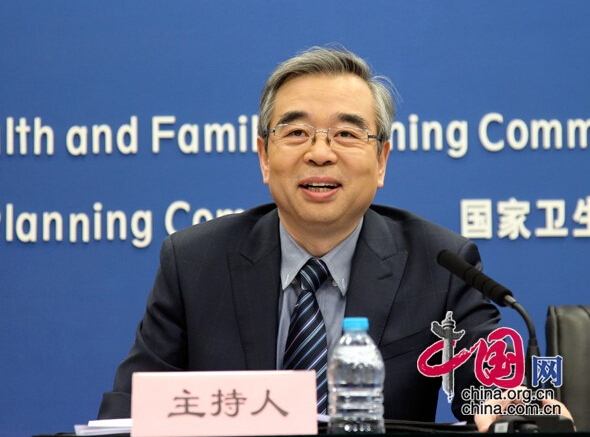The disciplinary authority in south China’s Guangxi Zhuang Autonomous Region has launched a probe into the case of a “pangolin dinner”, after a newly discovered social media post went viral online.
A controversial microblog post in 2015 about an official banquet has been dug up by netizens, sparking public outrage with regards to eating endangered animals and putting local officials in serious trouble.
Weibo user Al_cal, later identified to be the son of a clock tycoon in Hong Kong, posted on his Weibo account that he’d been hosted by local officials in Guangxi to a banquet that included a pangolin dish.
|

|
|
Al_cal’s microblog post on the pangolin banquet has sparked public outrage with regards to eating endangered animals. [Photo: Weibo]
|
“Thanks to the hospitality of Director Li and Secretary Huang for inviting me to their office and cooking pangolin meat for us,” wrote Li Jiahe in July 2015, when he was on a research trip in south China with a Hong Kong delegation. “This is the first time that I had it, and I find it very delicious.”
The post also includes pictures from the alleged banquet, including the pangolin dish and a group photo of Li with several government officials. All of his posts were later deleted after wide online circulation.
In response to the extensive public attention, Guangxi Investment Promotion Agency, which was hosting the Hong Kong delegation, said that they cannot recognize any of its leaders or employees among the diners in the photo. It also claimed that there is no senior official surnamed Li or Huang when the post was published on July 15, 2015.
The current Party secretary of the agency, named Huang Wenbiao, is said to have been in Singapore at the time and was only appointed to the job on July 21.
According to a written statement issued on Feb. 8, the Hong Kong business delegation revealed that all the members were having group buffet dinner during their visit in Guangxi between July 8 and 10, and Li did not return to Hong Kong with rest of the group. “The alleged pangolin dinner was Li’s personal involvement and the delegation has nothing to do with the case.”
The investigation is still underway.
The Chinese pangolin, one of the eight species of pangolins, has been heavily hunted and trafficked for its meat and scales, which are believed to have medicinal qualities.
The International Union for Conservation of Nature listed the Chinese pangolin as “critically endangered” in 2014 on the basis of predicted decline of up to 90 percent over the next couple of decades.
Late last year, Shanghai customs officials seized more than 3 tons of pangolin scales – the largest pangolin seizure in China’s history, officials said.

